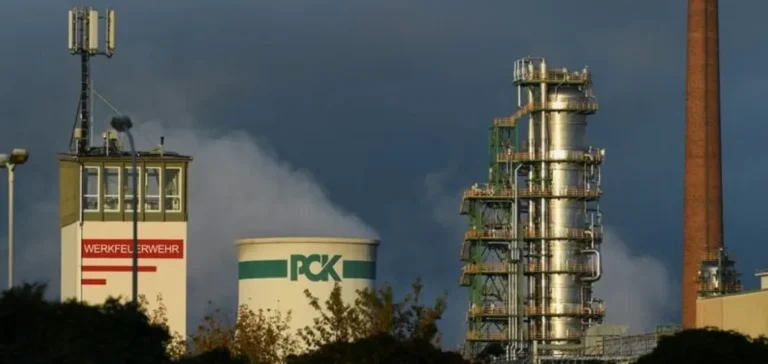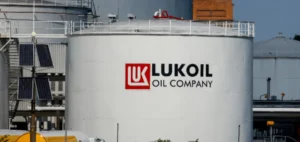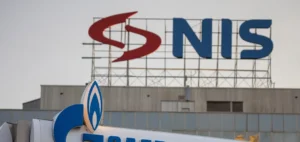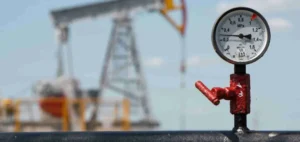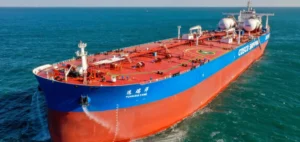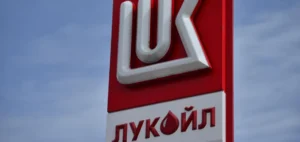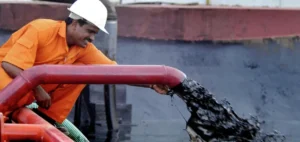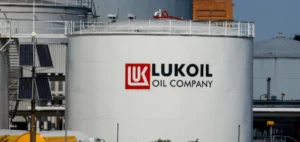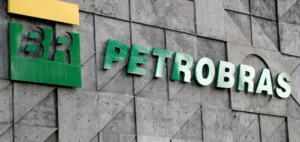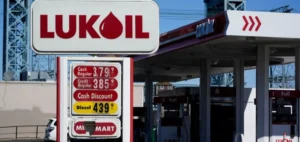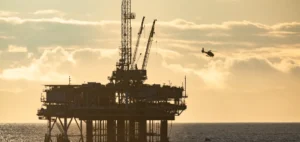Crude oil flows to Germany via the Druzhba pipeline are expected to return to normal by the end of the week, according to Rosneft Germany, majority shareholder of the PCK refinery located in Schwedt. The announcement follows the repair of infrastructure damaged by a drone strike on a pumping station in Russia’s Tambov region.
The PCK refinery is one of the largest in the country and plays a key role in fuel distribution in northeastern Germany. Since the suspension of Russian deliveries, the facility has partially relied on Kazakh crude oil transported through Druzhba, a transnational pipeline originating from the Soviet era.
A targeted strike on strategic infrastructure
The drone strike in Russia caused a temporary disruption in crude flows through the pipeline, highlighting ongoing vulnerabilities in the region’s energy infrastructure. Although the exact origin of the attack has not been officially confirmed, Russian authorities attributed the incident to Ukrainian drone operations.
The damage affected the pumping of Kazakh oil bound for Germany, forcing operators to temporarily reduce volumes reaching the Schwedt refinery. Rosneft Germany confirmed that repairs have been completed and that the restoration of flows is underway.
Maintenance of Kazakh volumes despite tensions
Rosneft Germany continues to import 120,000 tonnes of Kazakh crude oil each month via Druzhba. This volume supports refinery operations amid geopolitical instability. Current deliveries are part of a logistical adjustment strategy following the European embargo on Russian crude imports.
Burkhard Woelki, spokesperson for Rosneft Germany, stated that talks with Kazakh authorities regarding the extension of deliveries beyond 2025 are progressing without delays. These discussions aim to secure supply in a regional environment marked by increased infrastructure risks.
Logistical pressure under expanded military context
Transit of Kazakh oil through Russia remains essential for several European countries, despite the fragility of the network under military tension. Using the Druzhba pipeline for non-Russian flows depends on close coordination between transit countries, notably Belarus, Ukraine and Poland.
The strike on the Tambov station illustrates the direct impact of armed conflict on Europe’s energy supply chains. For operators such as Rosneft Germany, logistical continuity now depends as much on diplomacy as on technical repair capacity.


